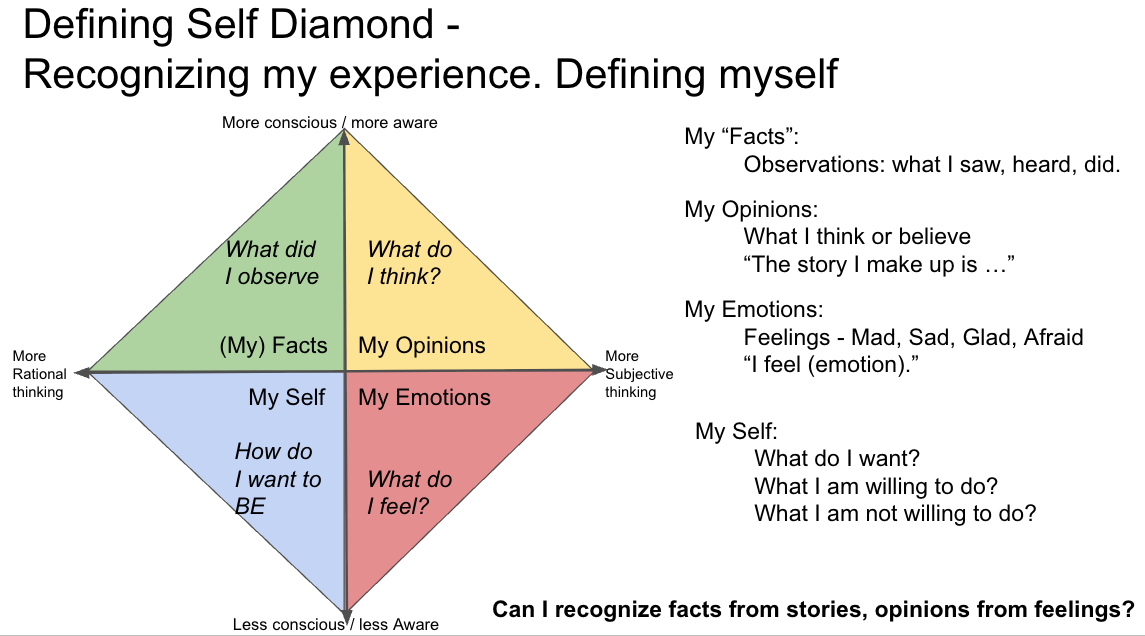Bowen wrote that there are two major aspects of differentiation. One is the ability to discern subjective, feeling driven thinking from more objective fact based thinking. In addition, this would include “self” focused versus other focused thinking.
Thinking Systems Blog
ADHD and Differentiation of Self ADHD as we know it today was not recognized during the early 1960s when Dr. Bowen was finalizing Bowen Family Systems Theory. Does Bowen Theory have anything to offer for our understanding of ADHD? To start, let's do
Gentle Parenting and Bowen Theory: How Differentiation Can Make a Difference What Is Gentle Parenting? Gentle parenting is an approach that emphasizes empathy, respect, emotional attunement, and consistent communication. Rather than punishments o
Vent Responsibly: Transforming Emotional Venting When someone says "I need to vent," what's actually happening? This common phrase signals something deeper than a simple conversation. Let's explore how one can transform venting into something product
You only think you know what you want. How can neutrality help us ease anxiety around our goals, plans, and aspirations? Theory Thoughts: We only think we know what we want Story Time I was painting a picture frame a while ago. There was a small corn
The Maturity Point: That Moment You Choose to Step Up We all hit it—that moment. You’re facing something uncomfortable—maybe it's a task you’ve been putting off, a conversation you’ve been dreading, or the decision to stop scrolling and sta
When is comes to making changes in relationships, why does it take time to make a significant change and what can one do about this? News flash. I'm not perfect. My immaturities and anxiety lead to me being more reactive in relationships than I want.
The challenge of emotional systems How does one think "systems" and work with an individual at the same time? It's a challenge. This applies to one working on self in their family or work systems. And especially to a clinician working with a client.







